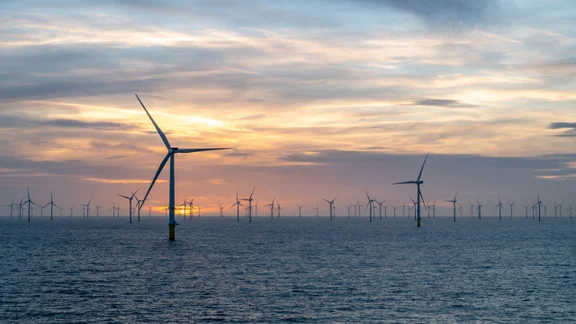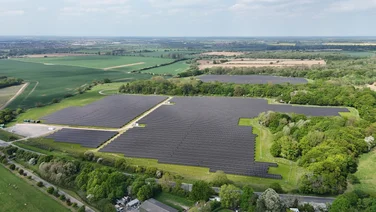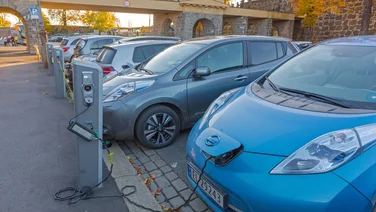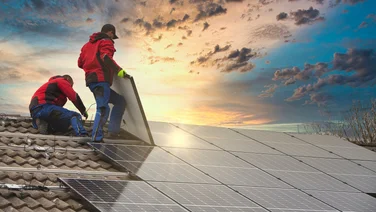Get Free Solar Panel Quotes
Find out how much solar panels would cost you
Do you need solar panels for your home or business?
Fill in our form - Get a free quote - Start saving on energy bills
Why get solar panels?
- Generate free, green electricity
- Reduce your electricity bill by up to 64%
- Get paid for what you don't use
As featured in:



News
The latest news, analysis, guides and opinion.

Britain to enjoy lower bills after record-breaking AR7 auction
Offshore wind will lead to lower bills and more investment in the UK.
-
 ‘Solar curtains’ and foldable PVs unveiled at CES BiLight, a global PV manufacturer, unveiled a rollable ‘solar curtain’, that it says can supply electricity directly to home and office devices.
‘Solar curtains’ and foldable PVs unveiled at CES BiLight, a global PV manufacturer, unveiled a rollable ‘solar curtain’, that it says can supply electricity directly to home and office devices. -
 Record number of clean energy projects given green light More than 45GW was added to the UK's clean energy generation last year.
Record number of clean energy projects given green light More than 45GW was added to the UK's clean energy generation last year. -
 UK misses EV target despite jump in sales The UK is still behind its electric vehicle (EV) sales target, despite the fact that 2 million new ones were registered last year, according to data from the Society of Motor Manufacturers (SMMT)
UK misses EV target despite jump in sales The UK is still behind its electric vehicle (EV) sales target, despite the fact that 2 million new ones were registered last year, according to data from the Society of Motor Manufacturers (SMMT) -
 Solar helps Britain smash renewable energy record Britain has solar to thank for its record-breaking renewable energy year. However, fossil fuels are still increasing.
Solar helps Britain smash renewable energy record Britain has solar to thank for its record-breaking renewable energy year. However, fossil fuels are still increasing. -
 Alpine A390 to bring next-level e-agility to UK in 2026 Renault Group will be launching two electric vehicles (EVs) this year in the UK market, starting with the Alpine A390, an all-new electric fastback sports car.
Alpine A390 to bring next-level e-agility to UK in 2026 Renault Group will be launching two electric vehicles (EVs) this year in the UK market, starting with the Alpine A390, an all-new electric fastback sports car. -
 BYD overtakes Tesla as world’s biggest EV manufacturer Chinese electric vehicle (EV) maker BYD has officially overtaken Tesla as the world’s bestselling EV manufacturer.
BYD overtakes Tesla as world’s biggest EV manufacturer Chinese electric vehicle (EV) maker BYD has officially overtaken Tesla as the world’s bestselling EV manufacturer. -
 Ministers may drop batteries from Future Homes Standard The government is considering not including batteries in the Future Homes Standard, according to The Guardian.
Ministers may drop batteries from Future Homes Standard The government is considering not including batteries in the Future Homes Standard, according to The Guardian. -
 Energy price cap to drop 8% in April, Cornwall Insight says Energy prices are predicted to fall by 8% in April, according to Cornwall Insight’s latest forecast for the next energy price cap.
Energy price cap to drop 8% in April, Cornwall Insight says Energy prices are predicted to fall by 8% in April, according to Cornwall Insight’s latest forecast for the next energy price cap. -
 Octopus Energy to cut bills after Autumn Budget The UK's largest energy provider will pass on cost savings to customers following Rachel Reeves' announcement in November.
Octopus Energy to cut bills after Autumn Budget The UK's largest energy provider will pass on cost savings to customers following Rachel Reeves' announcement in November.

